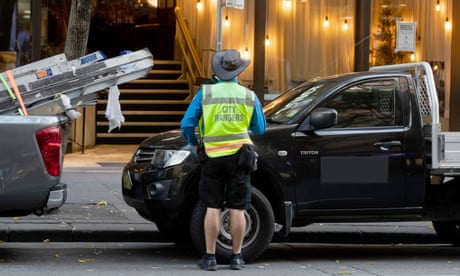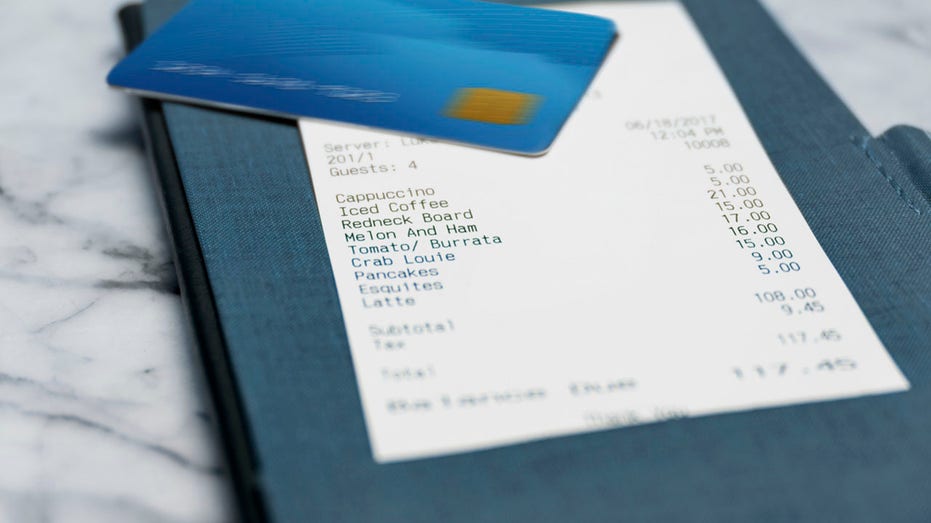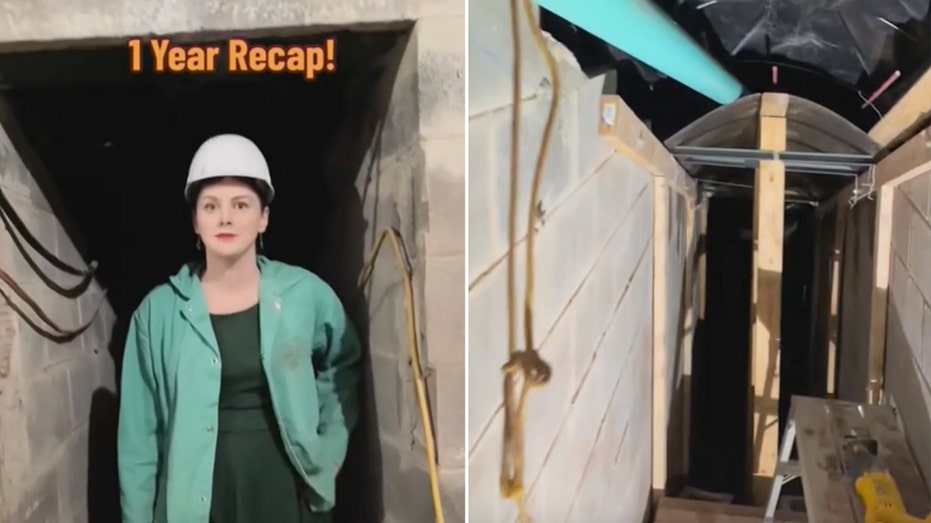- by foxnews
- 15 Mar 2025
NSW motorists left fuming by ‘predatory’ ticketless parking fines
NSW motorists left fuming by ‘predatory’ ticketless parking fines
- by theguardian
- 26 Feb 2023
- in news

Whenever Angus got a parking ticket, seeing it on his windshield would remind him to be more careful, he says - or, if he felt he was wrongly fined, prompt him to jot down the evidence to contest it.
But over the past 12 to 18 months, he's been surprised to receive 10 parking fines in the mail, long after the infringement occurred.
"Sometimes it can be 30 days later, and by the time I've gotten them I can't even remember the time they're talking about," he says.
In New South Wales, 36 councils have announced an end to the practice of the paper ticket on the windshield in favour of sending them via post. But consumer and industry advocates are concerned the move is limiting the opportunity for people to contest fines.
The NRMA's spokesperson, Peter Khoury, says the organisation's "overwhelming concern" about the new system is that it removes transparency.
"It's a lot harder to [contest fines] after the event where you would have to go back and try and remember where you parked and why you overstayed or if there was another reason," he says.
The ticketless "Print and Post" system is a voluntary service that Revenue NSW began offering to councils in 2020, however some councils which have opted in are yet to implement the system.
In the council areas where it has been implemented, rangers use handheld devices to record details and photographs of the offence. Those are then sent to Revenue NSW and the fine is posted to the driver within three business days, a Revenue NSW spokesperson says.
Waverley council in Sydney's east is one of the 92 councils in NSW that has not opted into the system. A spokesperson says it decided against it for several reasons, including because the council felt it would be unfair, and drivers were less likely to learn from their mistakes.
"If a motorist does not see an infringement on their vehicle, they will not be aware they have done anything wrong and may continue to offend and incur multiple infringements before they receive the first one in the mail," the spokesperson says.
This is how Angus, who prefers to use his first name only, feels.
On the residential street in north Sydney where he lives, the only parking available is timed. Sometimes he can go a month thinking he's managed to shuffle his car from spot to spot without overstaying, he says.
"When I would get a paper ticket on my windshield it's like 'OK, well I won't do that again' or 'I'll be more careful next time', but if you haven't got one for a while you do perhaps become a bit more relaxed.
"There's something that feels a bit untoward or predatory only finding out much later."
North Sydney council has had only "a couple of customers" raise concerns about not receiving a paper parking ticket at the time it was issued, a spokesperson said.
The system has also been adopted by City of Sydney, which implemented it in December.
The system was introduced to limit confusion and give people more information on the fine, the council said in its announcement, and to avoid cases where tickets are removed, leaving people unaware of them until a reminder notice is sent, giving them less time to pay.
But a solicitor at Redfern Legal Centre, David Hofierka, who helps clients with fines, says fines sent by post or electronically often give people less time to contest or access hardship options.
"[The fines] can be inadvertently missed, mistaken for a scam, or never end up reaching the person at all, for example if they haven't managed to update old contact details with Revenue NSW," he says.
Hofierka agrees drivers can be confused by a lack of information on tickets left on the windscreen, but he says taking away a physical copy of the ticket isn't the answer.
"Putting more information on the paper fines is what we'd prefer, having that in your hand is more useful, especially for elderly or disadvantaged people."
City of Sydney says the system is more environmentally-friendly, and improves the safety of parking rangers, who often face abuse and aggression from the public.
But given rangers are still collecting the details of the parking infringement, Khoury questions whether it would improve safety.
- by foxnews
- descember 09, 2016
Neighbors react as viral 'Tunnel Girl' granted permit to continue digging massive bunker under home
"Tunnel Girl" in Herndon, Virginia, "finally" got her tunnel project approved after pausing the project due to a potential violation. Locals and social media users react.
read more


